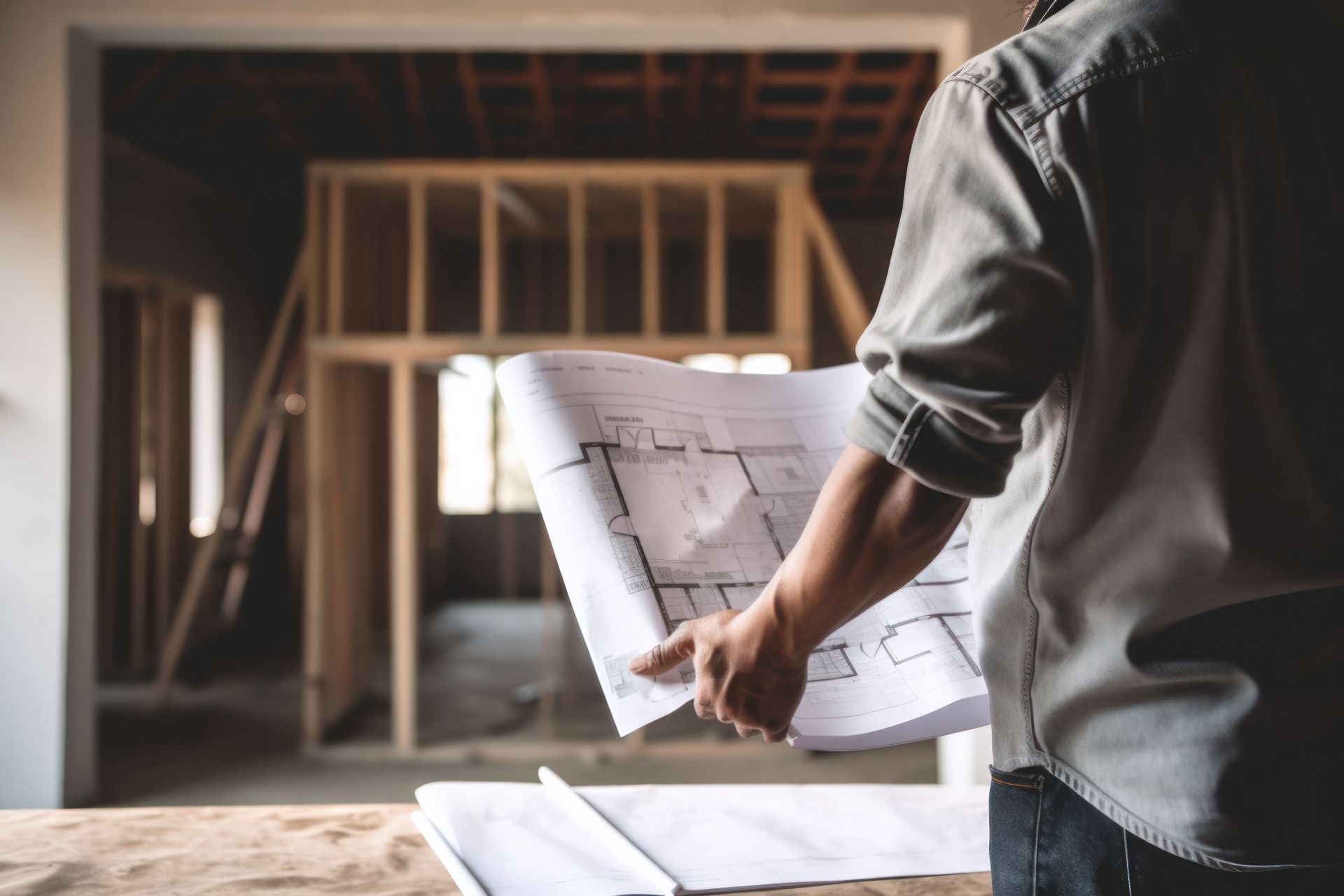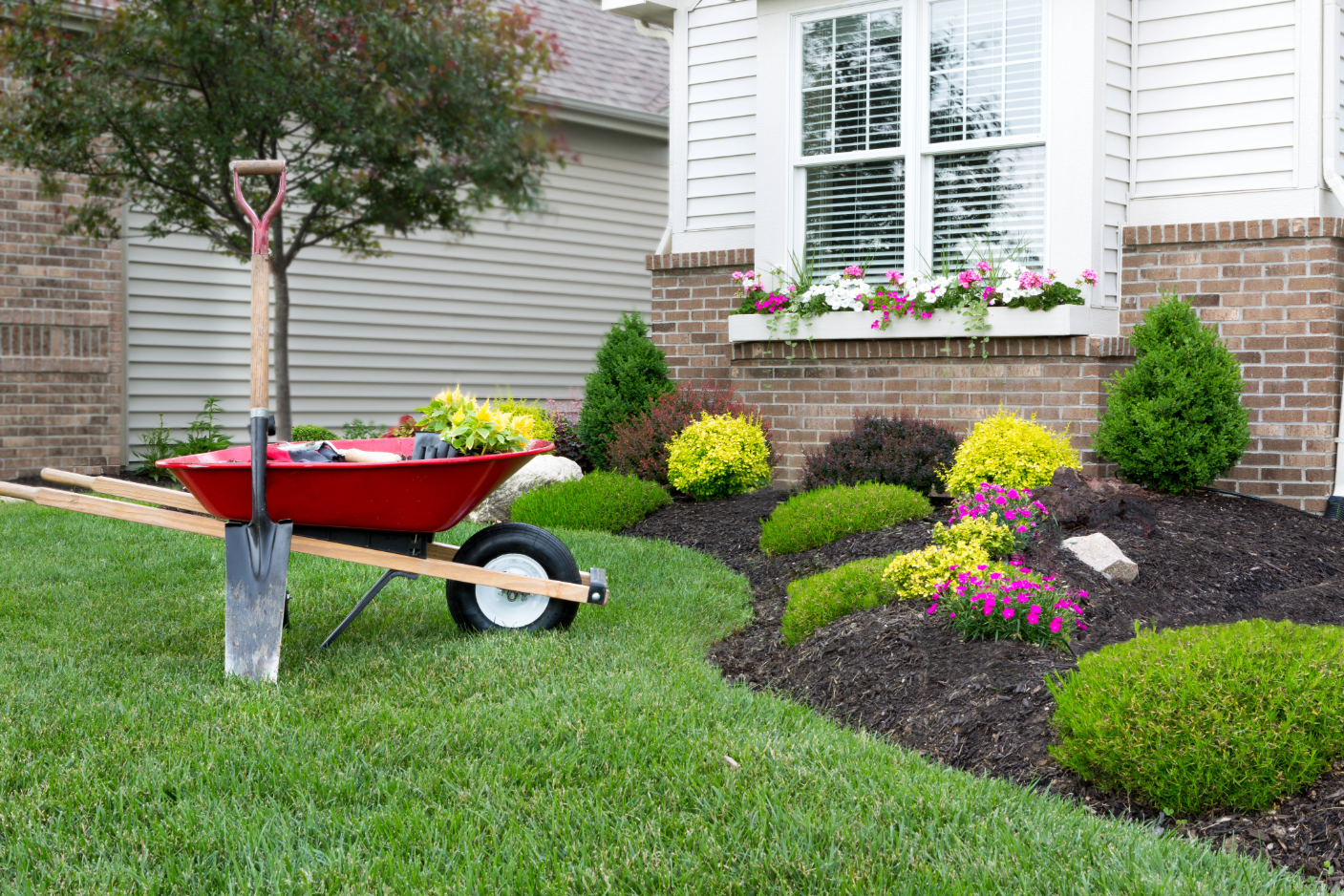by Twenty40 Companies
Share
by Twenty40 Companies
Share

So, you’ve decided to build your dream home. Congratulations! Now comes the tricky part—figuring out a plan and how to pay for it. This includes the total budget amount and a detailed home building budget plan breakdown that helps you make informed decisions for every construction phase.
What is a home building budget plan?
A home building budget plan is a comprehensive financial plan that outlines the expected costs associated with constructing a new home. This plan serves several critical functions:
- Cost Estimation: It provides an itemized list of all expenses expected during the construction process, including costs for materials, labor, design, permits, and utilities, as well as any unexpected expenses that might arise.
- Financial Management: The budget helps manage and track expenditures to ensure the project stays within financial limits, preventing cost overruns that could jeopardize the project’s completion.
- Funding Strategy: It assists homeowners and builders in securing financing, as lenders often require a detailed budget plan before approving construction loans.
- Decision Making: By outlining anticipated costs, the budget helps make informed decisions about the scale of the project, materials selection, and other cost-related choices.
A well-structured home building budget plan typically includes several key components:
- Total Budget: The overall amount available for the project.
- Breakdown of Costs: Detailed categories include land acquisition, architectural and design fees, construction materials, labor costs, and contingencies.
- Contingency Fund: An additional budget set aside for unforeseen expenses.
- Payment Schedule: Timing of payments to contractors and suppliers, often linked to project milestones.
This structured approach helps ensure that all aspects of the construction process are accounted for and financially viable, reducing the risk of surprises and ensuring the project is completed as planned.

How to create a home building budget plan?
Determine Your Total Budget:
Begin by establishing a total budget for your home construction project. This budget should consider the cost of building the house and other associated expenses like permits, land acquisition, landscaping, and utilities. Ensure that your budget is realistic and within your financial capacity.
Set Priorities and Goals:
Identify your priorities and goals for the project. What features are non-negotiable, and where can you make compromises if necessary? Setting clear objectives will help you allocate funds where they matter most.
Create a Detailed Cost Estimate:
Work with an experienced contractor, architect, or construction professional to create a detailed cost estimate for the project. This should include all aspects of construction, from materials and labor to permits and inspections.
Factor in Contingencies:
Including a contingency fund in your budget is essential to account for unforeseen expenses or cost overruns. A common rule of thumb is to set aside around 10% of the total budget for contingencies.
Secure Financing:
Determine how you will finance the project. This may involve a combination of personal savings, loans, and grants. Consult with financial professionals to explore your financing options and determine the best approach for your situation.
Break Down the Budget:
Divide your budget into categories: site preparation, foundation, framing, plumbing, electrical, interior finishes, landscaping, and more. This breakdown will help you track expenses and ensure that each aspect of the project is adequately funded.
Get Multiple Bids:
When selecting contractors, obtain multiple bids for the work. This will allow you to compare prices, evaluate the contractors’ reputation and reliability, and potentially negotiate for cost savings.
Make Informed Decisions:
Be prepared to make informed decisions during the construction process. Carefully review any change orders and their cost implications. Decisions should align with your budget and priorities.
Plan for Post-Construction Costs:
Remember that your financial responsibilities don’t end when construction is complete—budget for post-construction costs like landscaping, furnishings, and moving expenses.
Consult with Professionals:
Throughout the budgeting and construction process, seek advice from financial advisors, architects, contractors, and real estate professionals. Their expertise can help you make sound financial decisions.

In addition to the tips above, be sure to monitor expenses closely and regularly review/adjust your budget throughout the construction process. When in doubt, ask for advice from professionals. As your building partner, Twenty40 handles much of the grunt work for you. Our expertise can guide you through the process and help you make a sound financial decision.
STAY IN THE LOOP
Subscribe to our free newsletter.
20 DIY Landscaping Projects to Do in Iowa This Spring to Improve Curb Appeal
Iowa Housing Market Conditions





